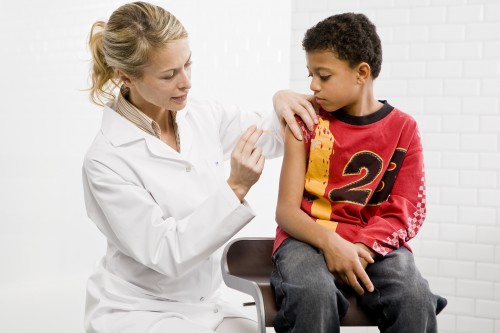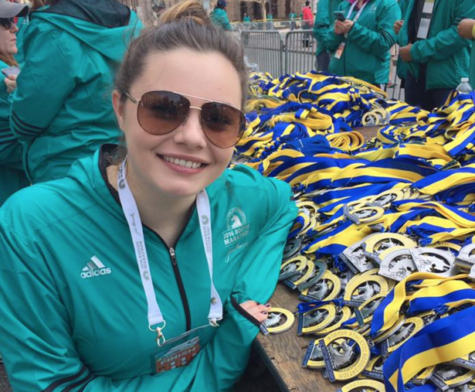Recently, there has been an outbreak of measles in New York City and an outbreak of whooping cough in California. These two diseases have been considered almost “wiped out” until recently. The reason for this is parents refusing to vaccinate their children because of the risks of autism and other side effects. It’s time for this rumor-driven debate to come to an end and these wary parents need to be injected with a dose of reality.
Medical professionals from the Centers for Disease Control and Prevention (CDC) and the American Academy of Pediatrics (AAP) advise parents to vaccinate their children and recommend that healthy children should have been vaccinated against 14 diseases by the age of two.
Experts say that the recent outbreaks of measles and whooping cough were caused by a breakdown of what is known as “herd immunity.” In order for a community to be fully protected against a disease, 80 percent to 90 percent of its population needs to be vaccinated. Anywhere below that level causes the community to be more susceptible to disease.
The truth is, diseases such as the measles still flourish in third world countries where vaccines are not always accessible. I am willing to bet that parents in those countries are not going to think twice about the “risks” if and when those vaccines become available. The fact of the matter is that if people refuse vaccines, deadly diseases that were thought to be a thing of the past will return and spread like wildfire.

(Photo by Flickr user Sanofi Pateur)
Parents who say that vaccines cause autism should start referring to their child’s pediatrician for information, instead of the overheard gossip from water-cooler talk at the office. It was originally thought that thimerosal, a mercury-containing preservative that was found in most vaccines, was the cause for autism. Eventually it was found that thimerosal in vaccines does not increase the risk of the disorder. After thimerosal was removed from vaccines (all except the flu vaccination) autism rates continued to rise, proving even further that the substance had nothing to do with autism.
Alison Singer, president of the Autism Science Foundation and mother of a child with autism said, “We have to move forward and be willing to accept what science tells us: science does not cause autism.” Attention on vaccines takes away from important research that is investigating other potential causes for the disorder.
The odds of experiencing a vaccine-related injury are greatly outweighed by the dangers of catching a vaccine-preventable disease. It is common knowledge that the two groups of people most vulnerable to disease are the elderly and children. When it comes to vaccination, keep one thing in mind; vaccination helps the herd. There should be no question of it.








